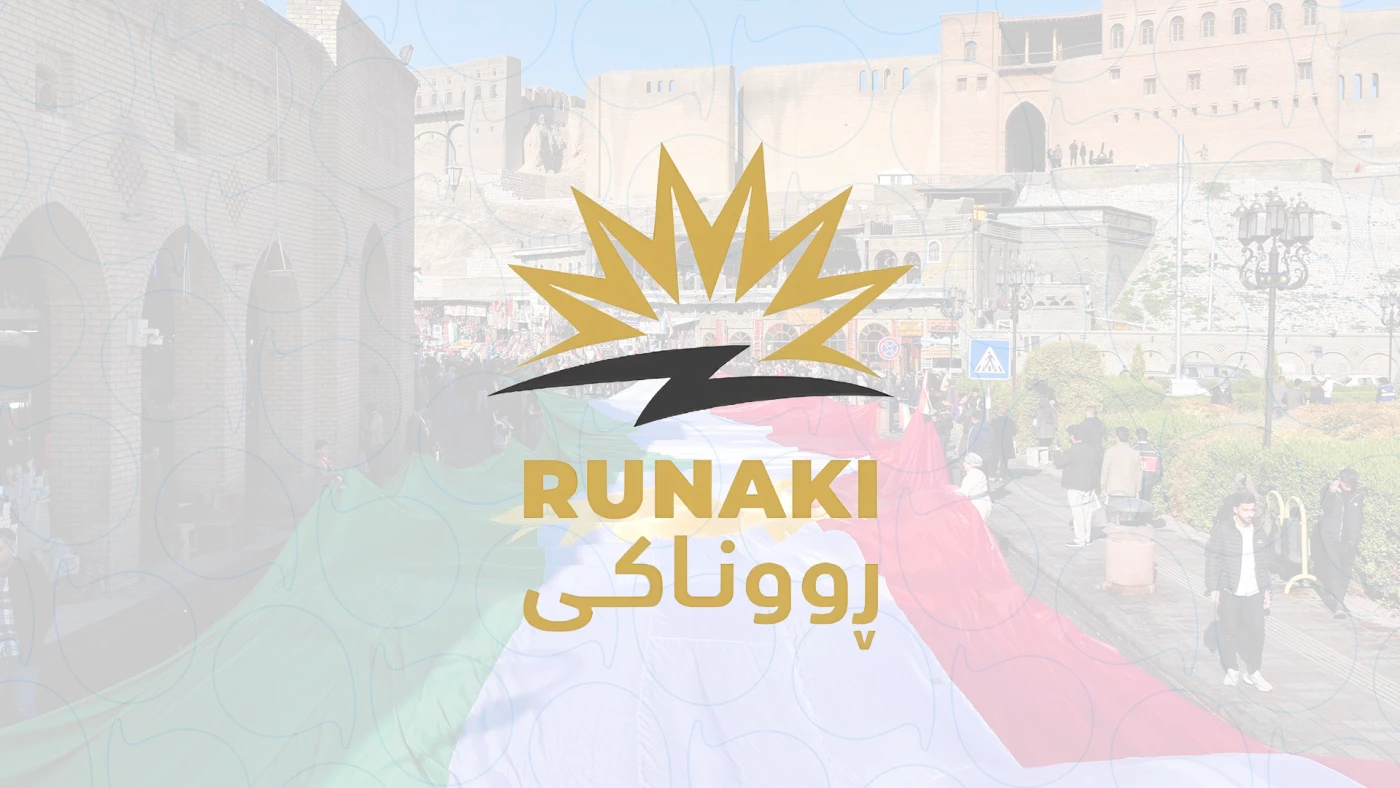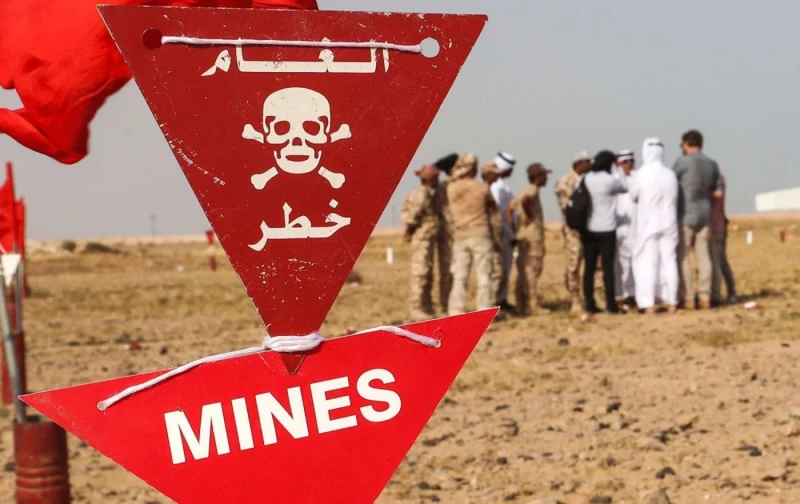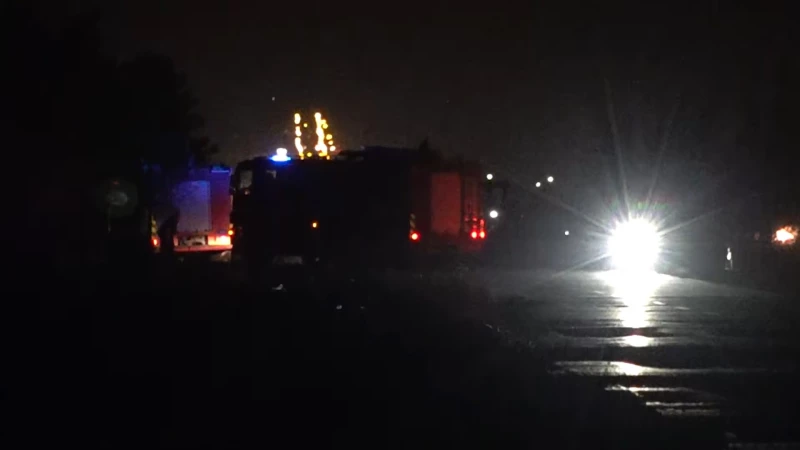ERBIL, Kurdistan Region of Iraq - The Kurdistan Regional Government (KRG) said Tuesday that over 1,800 megawatts of power have been added to the electrical grid as part of the Runaki Project, its landmark round-the-clock electricity initiative, reiterating that all households across the Region will be subscribed to the program by the end of 2026.
According to data provided by the KRG, 1,840 megawatts of electricity production have been added to the grid, with 3,503 electricity distribution projects and 61 electricity transmission projects having been implemented in the past five years.
The capacity boost comes from six major facilities, led by the 750-megawatt Bazian plant in Sulaimani province and the 500-megawatt Khurmala station in Erbil.
The Runaki Project, announced by Kurdistan Region Prime Minister Masrour Barzani in October of last year, seeks to supply 24-hour electricity to the entire Kurdistan Region by 2026, with nearly four million residents currently enjoying the benefits of the initiative.
Most of the electricity production in the Kurdistan Region is powered by natural gas.
Runaki aims to eliminate chronic electricity issues in the Kurdistan Region, and has led to over 3,000 private power generators being phased out, with the KRG aiming to shut off 7,000 generators by the end of the project’s implementation.
“By phasing out over 3,200 neighbourhood generators across Kurdistan, CO2 emissions are reduced, paving the way for a cleaner, healthier Kurdistan,” Runaki said in a statement on X in late August.
Earlier in October, Prime Minister Barzani, speaking at the annual TEDxNishtiman event in Erbil, lauded the successes of the Runaki project, labeling it as a successful initiative in comparison to unsuccessful Iraqi federal efforts, saying that Baghdad. "has provided over 200 billion dollars for 24-hour electricity, but they are still unable to do that."



 Facebook
Facebook
 LinkedIn
LinkedIn
 Telegram
Telegram
 X
X


